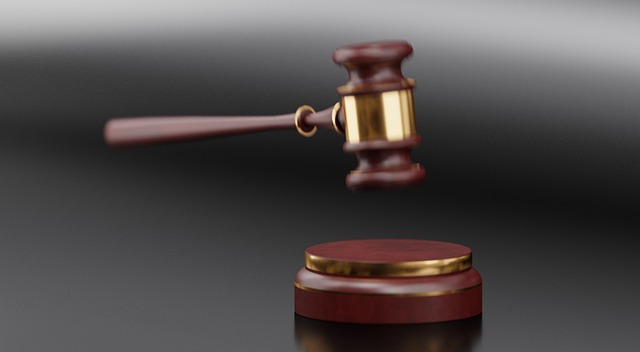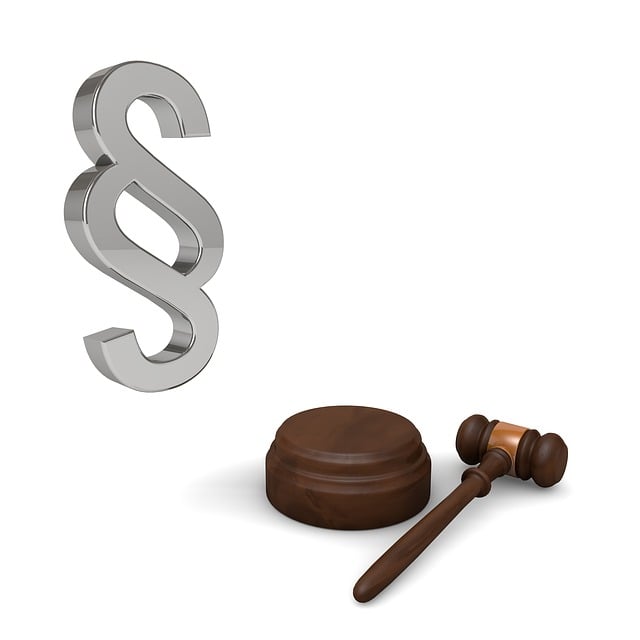In healthcare law, understanding and adhering to environmental regulations is vital. These rules, governing waste management, pollution control, and sustainability, require interpretation of federal and state laws, compliance assurance, and litigation preparation. Law firms specializing in healthcare law assist clients with strategies to mitigate environmental risks, protecting reputations and avoiding legal pitfalls. "How to Navigate Environmental Regulations Litigation" provides insights into navigating complex regulations, balancing corporate/individual interests, and achieving exceptional results through successful case studies, showcasing the critical role of legal experts in environmental governance.
In the intricate landscape of healthcare, understanding and adhering to environmental regulations is paramount. This article guides readers through the complex web of environmental laws affecting healthcare institutions, highlighting the pivotal role legal experts play in environmental litigation. We explore common challenges faced by healthcare law firms, offering strategic insights for effective navigation and compliance. Through compelling case studies, we demonstrate successful approaches to environmental regulations litigation, providing valuable lessons on how to navigate this critical domain.
- Understanding Environmental Regulations in Healthcare
- The Role of Legal Experts in Environmental Litigation
- Common Challenges Faced by Healthcare Law Firms
- Strategies for Effective Navigation and Compliance
- Case Studies: Success Stories in Environmental Regulations Litigation
Understanding Environmental Regulations in Healthcare

In the intricate landscape of healthcare law, understanding environmental regulations is paramount for legal practitioners. These rules govern waste management, pollution control, and sustainable practices within medical institutions. Navigating this complex web involves deciphering federal and state laws, ensuring compliance, and preparing for potential litigation. Healthcare facilities must adopt stringent measures to protect patients, employees, and the environment from hazardous substances, a responsibility that underscores the necessity of legal expertise.
Litigation arising from environmental violations can take various forms, from administrative penalties to jury trials. Law firms specializing in healthcare law equip corporate and individual clients with strategies to mitigate risks. They guide institutions through due diligence processes, conduct compliance audits, and develop protocols to minimize legal exposure. By staying abreast of evolving regulations and fostering a culture of environmental stewardship, healthcare providers can safeguard their reputations and avoid the pitfalls of non-compliance, which may include hefty fines and damage to public trust.
The Role of Legal Experts in Environmental Litigation

In the complex landscape of environmental law, legal experts play a pivotal role in helping both corporate and individual clients navigate intricate regulations and litigation. With environmental regulations becoming increasingly stringent, businesses and individuals alike face the challenge of adhering to laws that often require specialized knowledge to understand and comply with. Legal professionals equipped with expertise in this domain are instrumental in guiding their clients through these complex waters.
These experts possess a deep understanding of the various environmental laws and their implications, enabling them to offer strategic advice and representation. They assist clients in interpreting regulations, identifying potential risks, and ensuring compliance to avoid legal pitfalls. Moreover, when environmental disputes arise, whether involving pollution claims, permit controversies, or regulatory non-compliance, these legal experts advocate for their clients’ rights, aiming for the complete dismissal of all charges where applicable. Their goal is not only to protect their clients from legal repercussions but also to foster sustainable practices and responsible stewardship of the environment for his clients.
Common Challenges Faced by Healthcare Law Firms

Healthcare law firms often find themselves navigating complex waters when it comes to environmental regulations. With strict rules governing waste management, medication disposal, and patient data privacy, firms must help their clients—ranging from hospitals to pharmaceutical companies—stay compliant. Failing to comply can result in hefty fines, legal actions, and even indictments.
One of the primary challenges is keeping up with evolving legislation. Regulations related to environmental litigation are continually changing, making it crucial for law firms to stay informed and offer guidance on how their clients can adapt. Additionally, balancing the interests of corporate and individual clients while ensuring adherence to laws and regulations is a delicate task. For his clients, understanding potential risks and implementing strategies to avoid indictment becomes an essential part of legal representation in this sector.
Strategies for Effective Navigation and Compliance

Navigating healthcare law involves a complex interplay of regulatory frameworks and legal intricacies. To master this, law firms must adopt strategic approaches that ensure compliance and foster a culture of adherence to environmental regulations. One key strategy is to stay informed about the latest legislative changes and industry trends related to healthcare. Regular updates on environmental policies and their implications for healthcare providers are essential.
Furthermore, leveraging expertise in environmental litigation enables firms to guide clients through intricate legal processes. By offering specialized knowledge, these law firms can help respective businesses mitigate risks, ensuring they adhere to stringent regulations. This not only helps in avoiding legal pitfalls but also allows organizations to focus on delivering quality healthcare services. An unprecedented track record of successful navigation through environmental regulations litigation can set apart top-tier healthcare law firms, showcasing their ability to achieve extraordinary results for their clients.
Case Studies: Success Stories in Environmental Regulations Litigation

In the realm of healthcare law, navigating environmental regulations litigation is a complex yet crucial aspect for firms to master. Case studies of successful environmental lawsuits offer valuable insights into how legal strategists can defend their clients against regulatory bodies and protect their interests. These success stories are not merely achievements but practical guides on How to Navigate Environmental Regulations Litigation.
Firms specializing in this area have demonstrated the importance of understanding both the technicalities of environmental laws and their broader implications. Through meticulous research and strategic planning, they’ve successfully challenged regulations, interpreted them in favor of their clients, and mitigated potential risks. Such victories not only strengthen the firm’s reputation but also contribute to a more sustainable and just approach to environmental governance, fostering harmony between the philanthropic and political communities. Moreover, these cases showcase the critical role played by legal experts in unraveling intricate matters, ranging from white-collar and economic crimes to all stages of the investigative and enforcement process.
Healthcare law firms play a pivotal role in ensuring compliance with environmental regulations, which is crucial for maintaining sustainability and legal integrity. By understanding complex rules and enlisting legal experts, these firms can effectively navigate challenging litigation scenarios. This article has explored strategies, common pitfalls, and successful case studies, offering valuable insights into how to successfully manage environmental regulations litigation. Armed with this knowledge, healthcare professionals can confidently ensure their practices remain in compliance, fostering a greener and more accountable future.






